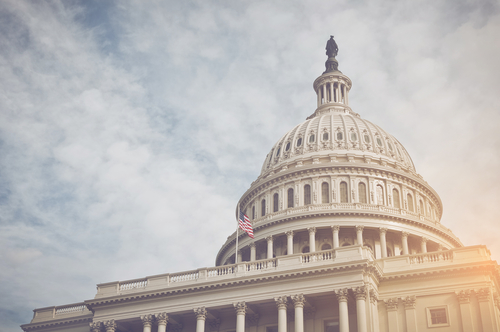
In a rare New Year’s Day session, the Senate voted to override President Donald Trump’s veto of the 2021 National Defense Authorization Act (NDAA), setting aside his concerns in favor of pay and benefits for the armed forces.
“The NDAA provides vital support for our men and women in uniform, including a 3 percent pay raise, while also continuing the modernization of the dual nuclear missions in Minot and strengthening the UAS missions in Grand Forks and Fargo,” U.S. Sen. John Hoeven (R-ND) said.
Hoeven was responsible for provisions in the bill such as a 3 percent pay raise for servicemembers, restriction on the retirement of the Global Hawk surveillance aircraft, authorization of B-52 upgrades, and new helicopters and ICBMs for North Dakota’s Minot Air Force Base. The legislation also guides defense policy at large, addressing everything from personnel policy to troop levels and weapons systems.
The Senate voted 81-13 in favor of the bill, following a 322-87 vote in the House.
Trump himself lashed out at the decision on Twitter.
“Our Republican Senate just missed the opportunity to get rid of Section 230, which gives unlimited power to Big Tech companies. Pathetic!!!” Trump tweeted in response.
Trump has made the removal of Section 230 a major focus in the final days of his presidency, arguing that it allows Twitter and other social media companies to act with bias against him and other Conservatives. However, he also objected to the legislation over its allowance for renaming military bases that honor Confederate leaders — something both politicians and the Pentagon have recommended.
“We agree with the president that Section 230 needs to be addressed and will work with our colleagues to make needed reforms,” Hoeven said. “At the same time, we approved the NDAA again to ensure that our military has the support it needs, just as has been done every year for the last 59 years.”
For North Dakota, the bill will also ensure support for drone missions flown by the Air Force operating out of Grand Forks, North Dakota, pay for missions into the Arctic and extreme cold weather research at the University of North Dakota and beyond, and authorize various nuclear modernization efforts for the Minot Air Force Base. More than $120 million has also been allocated for new aircraft and a remote aircraft operations facility in the state.




